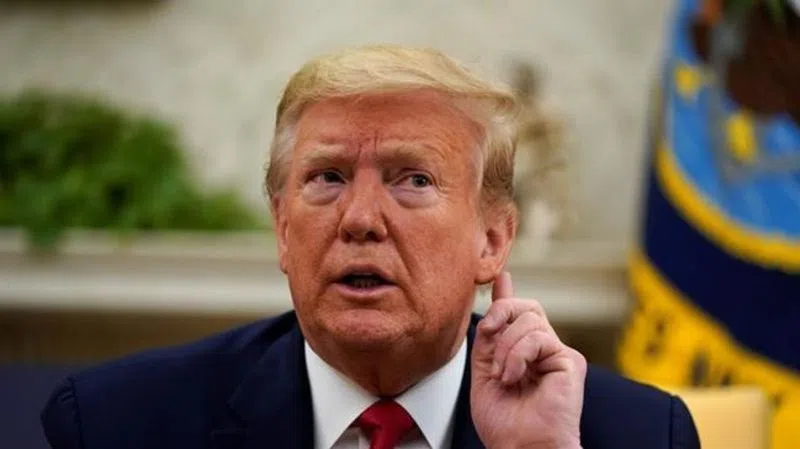
Fauci warns states against ‘tempting’ a coronavirus rebound
WASHINGTON — The nation’s top infectious disease expert said Thursday that new cases of the coronavirus are a certainty as states begin to roll back restrictions. States need to proceed carefully as they take steps to reopen businesses and allow greater freedom of movement, Dr. Anthony Fauci said.
“We will get blips … there’s no doubt,” Fauci told NBC’s “Today” show. “When you pull back there will be cases, and what we need to do is make sure (states) have in place the capability of identifying, isolating and contact tracing individuals.”
Fauci urged states that don’t have that capability to go very slowly. “You can’t just leap over things and get into a situation where you’re really tempting a rebound. That’s the thing I get concerned about,” he said.
His warnings came a day after President Donald Trump said the federal government would not extend its social distancing guidelines past Thursday, and Trump’s son-in-law and adviser, Jared Kushner, predicted that by July the country would be “really rocking again,” despite health experts assessing that as highly unlikely.
